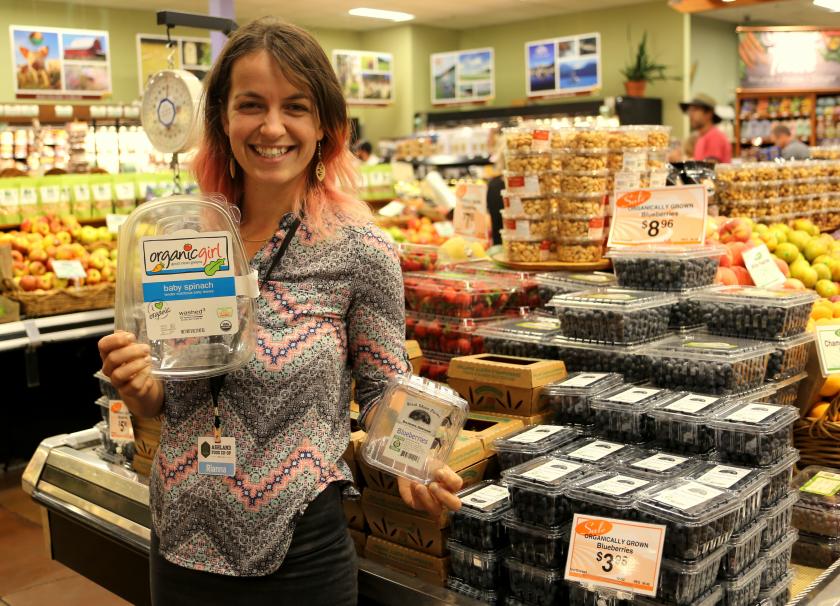
How Can I Reduce My Plastic Use at the Co-op?
By Rianna Koppel, Sustainability Coordinator
Plastic pollution today is a global dilemma. Did you know that more than 40% of plastic is used once, then tossed? In 2015, 79% of total plastic waste ended up in landfills or the environment. How can our co-op help reduce the amount of single-use plastics? Luckily, we offer a variety of options for owners.
Stainless Steel Straws
Looking for a green smoothie boost on these hot summer days? After the success of the City of Ashland’s “Straws on Demand” pilot project, the Co-op will no longer offer single-use plastic straws. We provide paper straws upon request and stainless steel straws (which can be purchased for 75 cents at the Deli Counter).
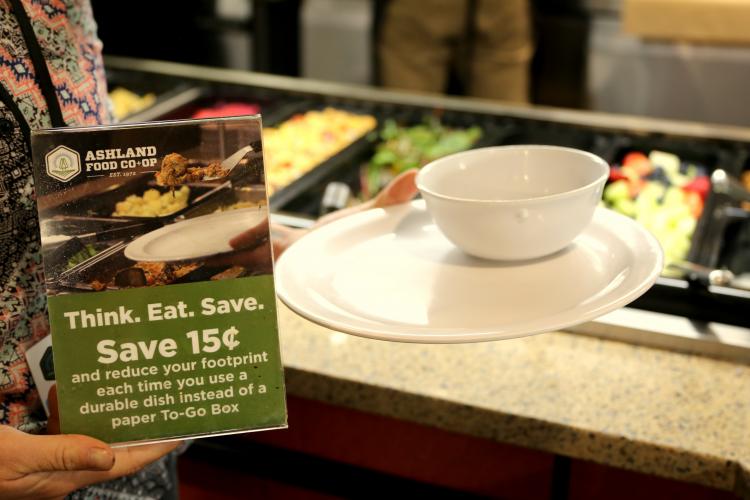
Dine In and Save
Stopping in for a bite to eat at our Deli? You can save 15 cents when you use our in-house durable plates and bowls,or bring in a reusable container for drinks. Don’t forget your stainless steel straw! We also offer reusable sporks for $4.99.
Reusable Produce Bags - Coming soon!
Reduce your use of plastic produce bags and invest in our new reusable produce bags. Find them in the Produce Department mid to late September. These new bags are made from recycled plastic and can be washed by hand. They are large and strong enough to hold your kale, lettuce, or bunch of carrots. Other options include using recyclable paper bags, or washing and reusing plastic bags from home.
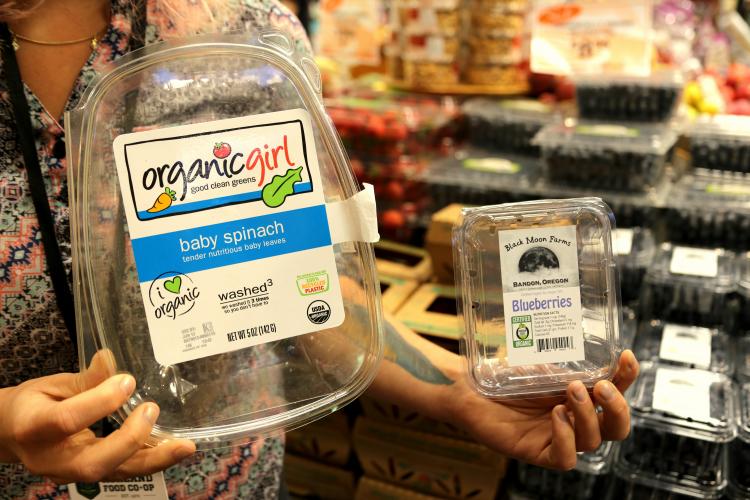
Clamshell Recycling
Additionally, we offer plastic clamshell recycling - with some important conditions. The Co-op will only take clean #1 PETE plastic clamshells for recycling that have been originally purchased at the store. One of our produce suppliers brings these recyclable plastics to International Paper for processing. Bring in your clean clamshells to a member of the produce department today!
Glass Containers
For bulk products, you can find clean, reusable glass containers by the hand washing sink, next to bulk liquids. You can also bring in your own clean containers for stocking up. Be sure to measure the tare weight of your container first - we have scales throughout the bulk section. Feel free to ask a co-op employee to help you find the glass containers or measure the tare of your container.
Plastic Wrap
What about plastic wrap? According to a webinar from the Climate Collaborative on bio-packaging and plastics, in the overall life cycle of a product, packaging is one of the lowest contributors to greenhouse gas emissions. Proper packaging can prevent product loss in transport and food waste at home, which has a greater impact on reducing these emissions. Currently, we are researching options for sustainable packaging that also reduces our use of plastic wrap. Maybe one day you’ll be able to bite into a seaweed-based edible sandwich wrap!
At the Co-op, our first goal for sustainability is to become zero-waste. We are committed to reducing our plastic use to the best of our ability by researching new options and providing the best choices to our owners. The road to zero-waste takes collaboration with producers, suppliers, manufacturers, retailers and consumers. We hope that these options provide ways for all of us to make easier choices that leave a positive impact on our local and global community.
More Co-op News
Choose To Reuse
by Rianna Koppel, Co-op Sustainability Coordinator
At the Ashland Food Co-op, we are committed to becoming Zero Waste by 2030. Along the way, we’ve learned a lot about packaging and single-use at our store. Our owners care deeply about reducing plastic waste, and we do too!
Reusable Bags
At the co-op, we have many different bag options… So what's the best choice?
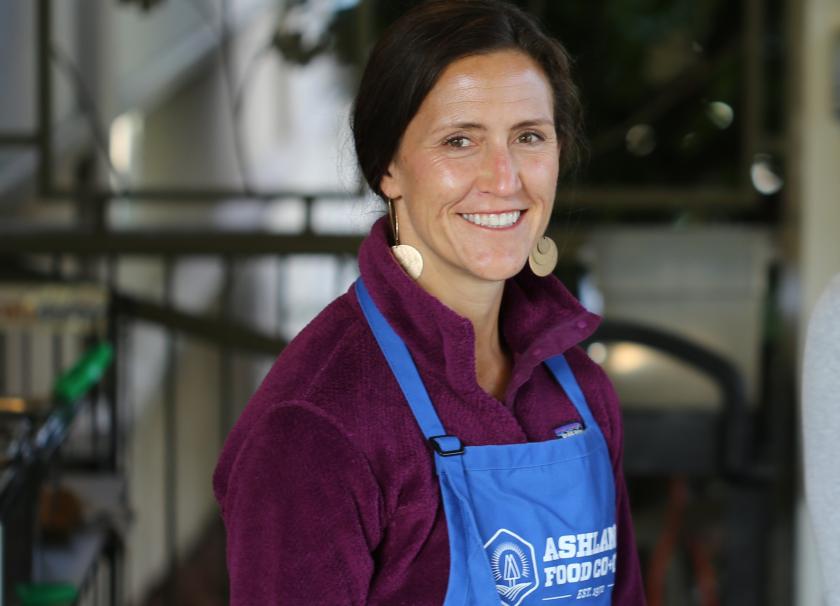
Lisa Beam: Why I'm a Board Member
Why serve on the Board of Directors at the Ashland Food Coop? This was the question that I was faced with about a year ago.
I have lived, worked and shopped in Ashland for the last 20 years. Many of those years I have actively participated on non-profit boards, civic organizations and committees. However, in the last few years I stepped away from those responsibilities to focus on family and business life.
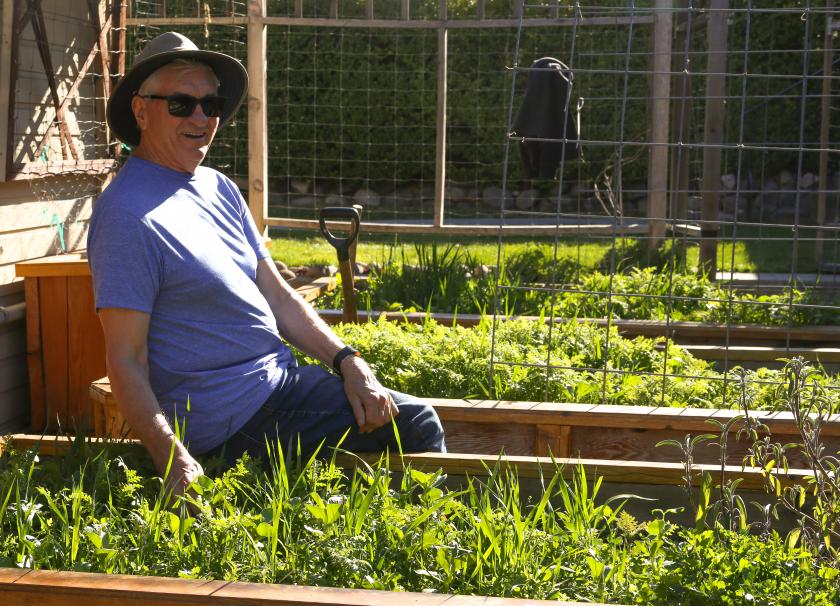
Henry in the Garden: The Pollinator Plan
By Henry Herting, Co-op garden volunteer
It's that fun time of the year when we get to plan our gardens. This year since our pollinators are taking such a hard hit, we are planning a pollinator garden.
Some plants that are considered good for pollinators are not so good fo the gardeners. They are invasive; they are weeds. Nobody likes weeds in their garden - who likes getting down on their knee pads and clawing at deep-rooted weeds growing in places where you don't want them?

Rogue To Go at the Co-op
We are excited to announce the official launch of Rogue To Go at the Ashland Food Co-op!
Rogue To Go is a reusable container pilot program. The pilot connects five participating restaurants by offering a reusable container that can be used for meals to-go and help eliminate single-use boxes. These O2GO containers are made locally in Bend, Oregon by OZZI. The bright green containers are 100% recyclable through a specialty recycler - truly zero waste!
How can you start using Rogue To Go? Check out the steps below and follow along with a walk-through video.
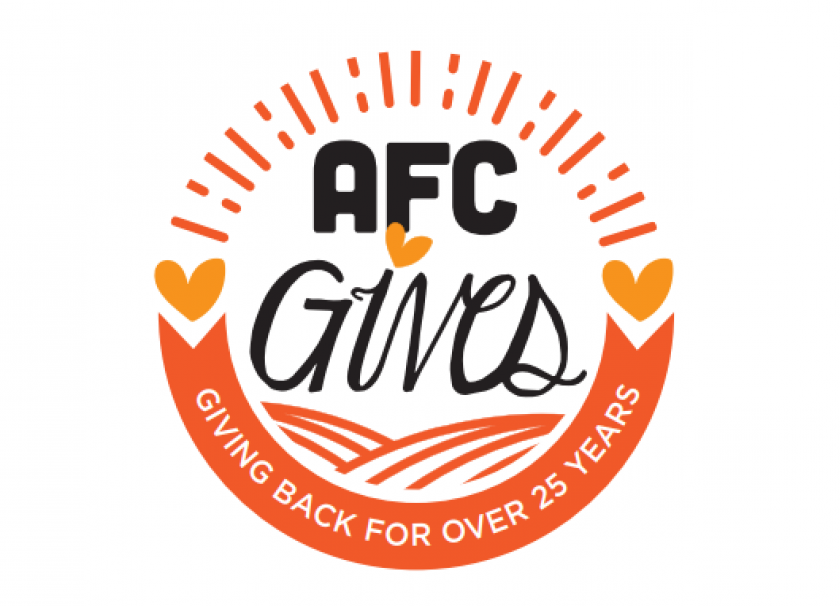
Apply for an AFC Gives community grant
For over 25 years, the Ashland Food Co-op has been re-investing in the local community by awarding grants to non-profit organizations doing important work in the Rogue Valley. Putting the seventh cooperative principle, "concern for community," into action, over $30,000 was donated in 2019 - and in 2020, there are even more opportunities for non-profits.
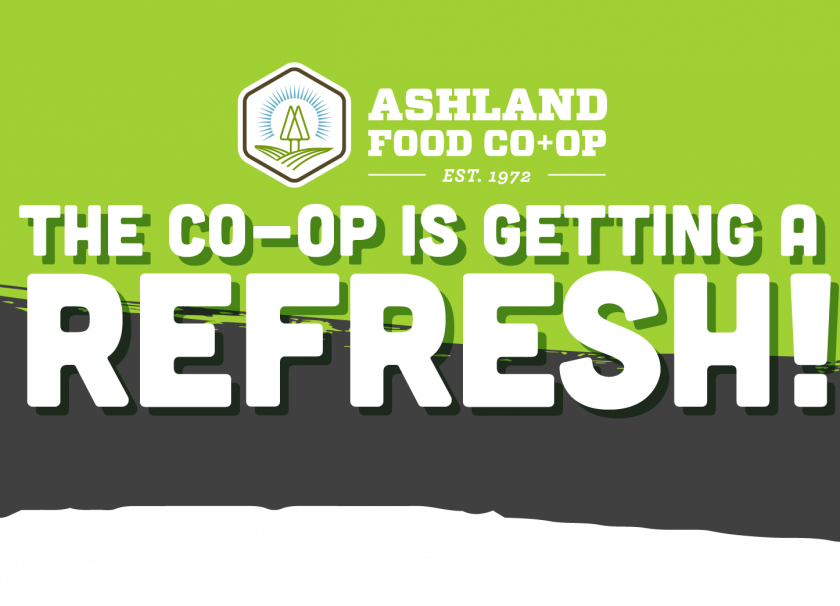
The Co-op is getting a refresh
We are giving our store a much-needed fresh coat of paint. We think you'll enjoy the changes!
When
The painting team will begin our project on February 5th, 2020 with a start time of 9pm.
Where
The entire retail store, deli serving area and interior seating area will receive a fresh new coat of paint.
Timeline
If all goes as planned, our painting project should be finished by February 20.
Will Store Hours Change?
No. We will be painting from 9pm to 5am.
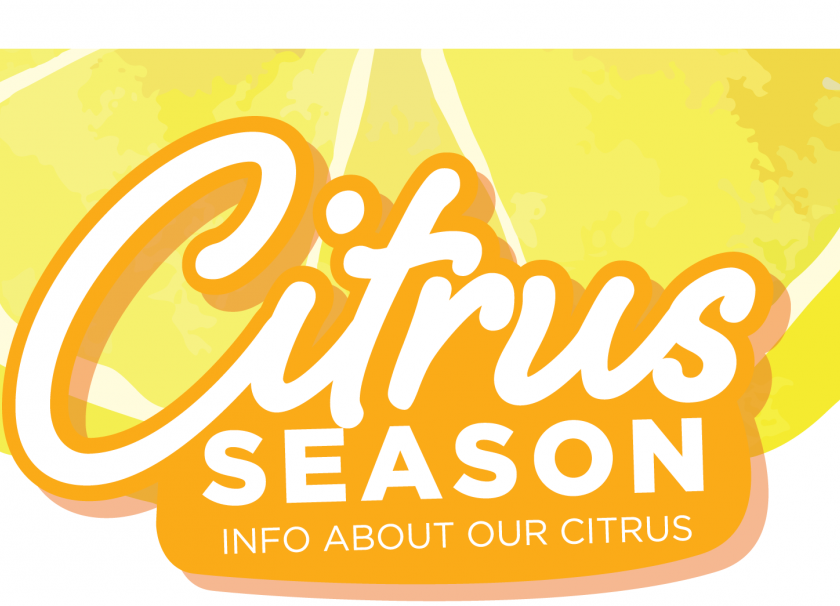
Explore citrus!
Looking to explore some new citrus varieties? Know more before you go! Check out the many types of sweet, sour and somewhere in between that you can enjoy at the Co-op! (Availability may vary due to seasonality.)
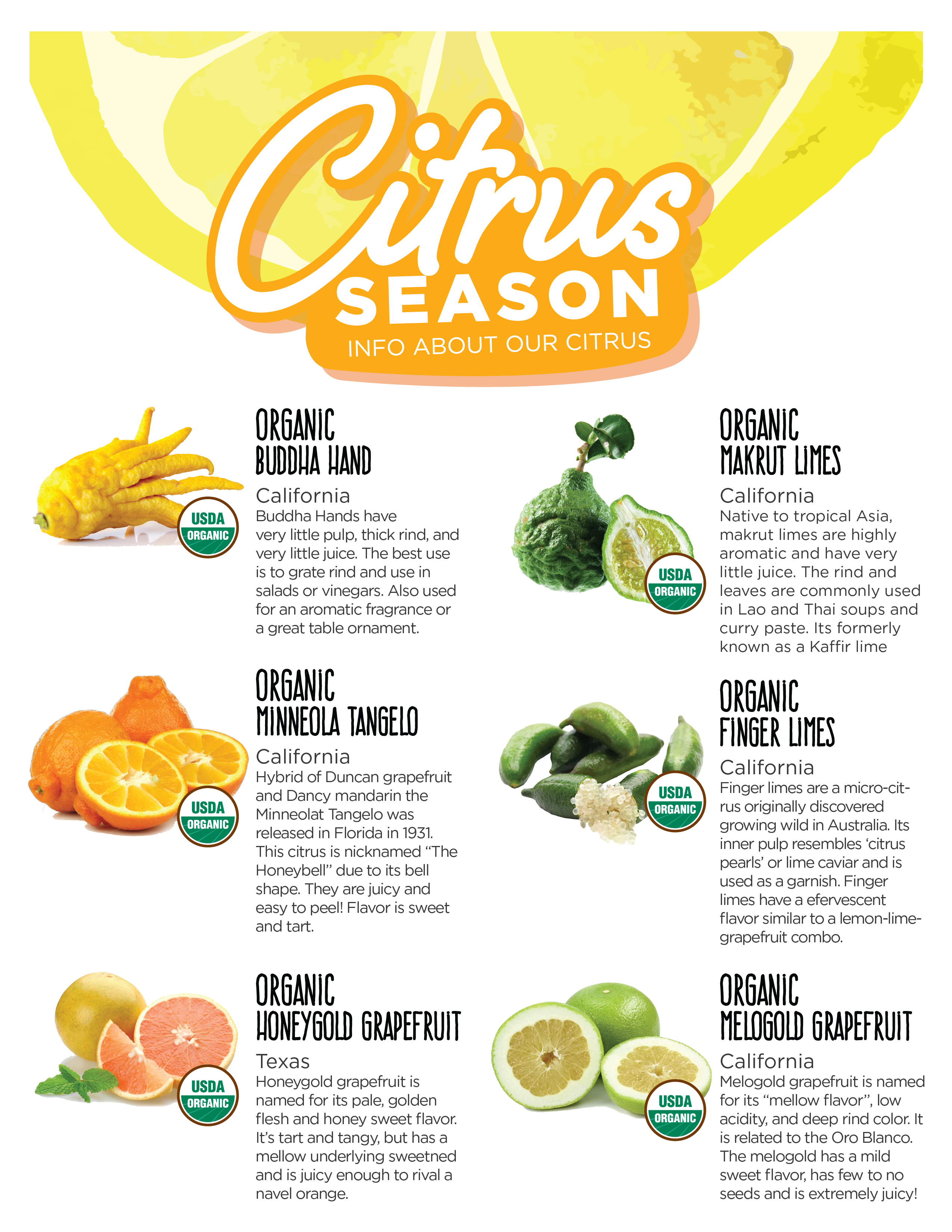
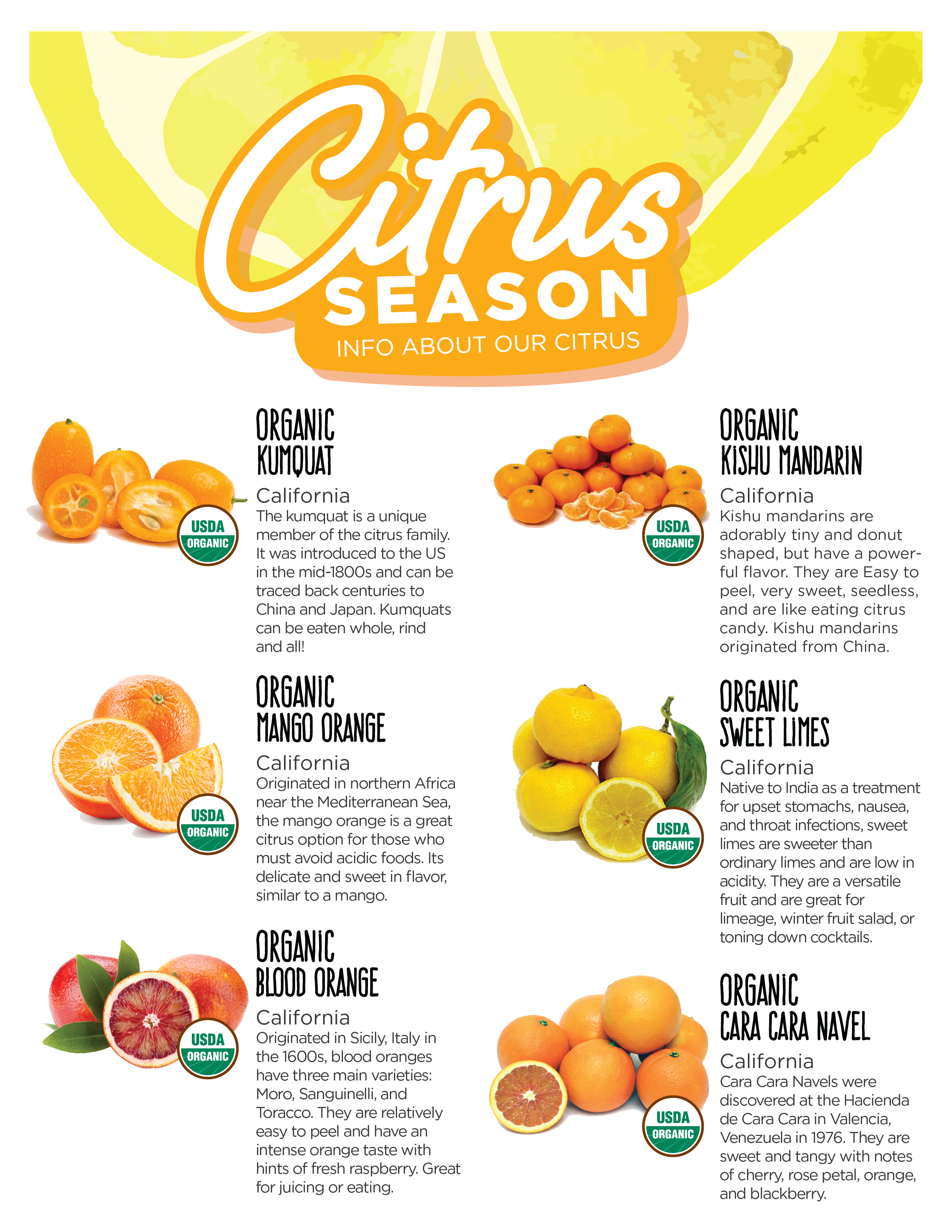
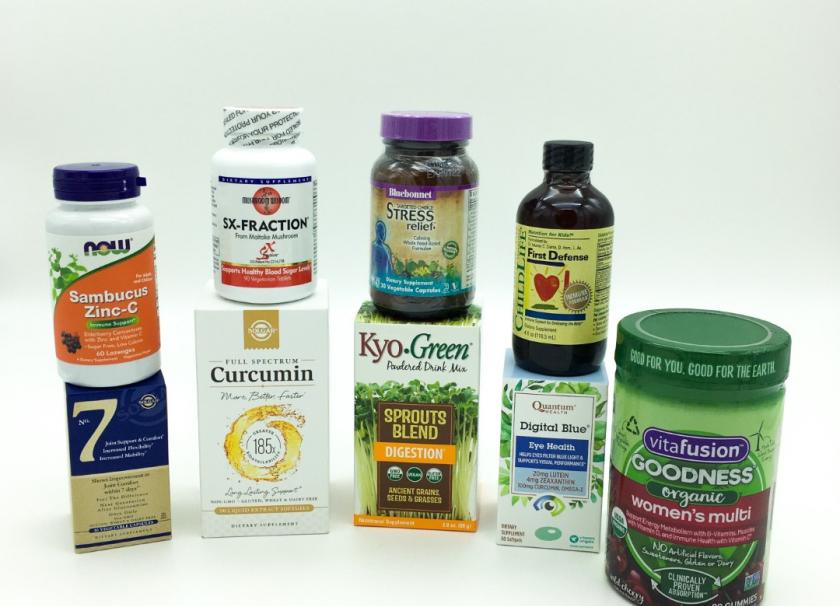
Taste for Life winter wellness giveaway
It's a month of giveaways from Taste for Life!
Giveaway #1 has finished up - so it's time for #2! This giveaway runs 1/27-2/2, so sign up below.
This package includes: NOW's Sabucus Zinc-C lozenges, Mushroom Wisdom's SX-Fraction, Bluebonnet's Stress Release formula, ChildLife's First Defense immune formula, Vitafusion's Organic Women's Multi vitamin, Quantum Health's Eye Health supplement, Kyo-Green Sprouts Blend digestion supplement, Solgar's full spectrum Curcumin supplement, and Solgar's No. 7 joint comfort supplement.

Rogue Co-ops College Scholarship
As part of the Rogue Co-ops, a group of Rogue Valley cooperative businesses that includes Ashland Food Co-op, Grange Co-op, Medford Food Co-op, and Rogue Credit Union, we're excited to offer a scholarship opportunity to local high school students planning on attending college.
The Rogue Co-ops have collectively funded a $2,000 scholarship (and Grange Co-op offers an additional eight $1,500 scholarships) for students (in public, private or home school settings) who meet the following requirements:

Become an Owner-Volunteer with the AFC Board
The AFC Board of Directors is looking for owner-volunteers for three board committees: the Owner Engagement Committee (OEC), Board Development Committee (BDC), and AFC Gives Committee.
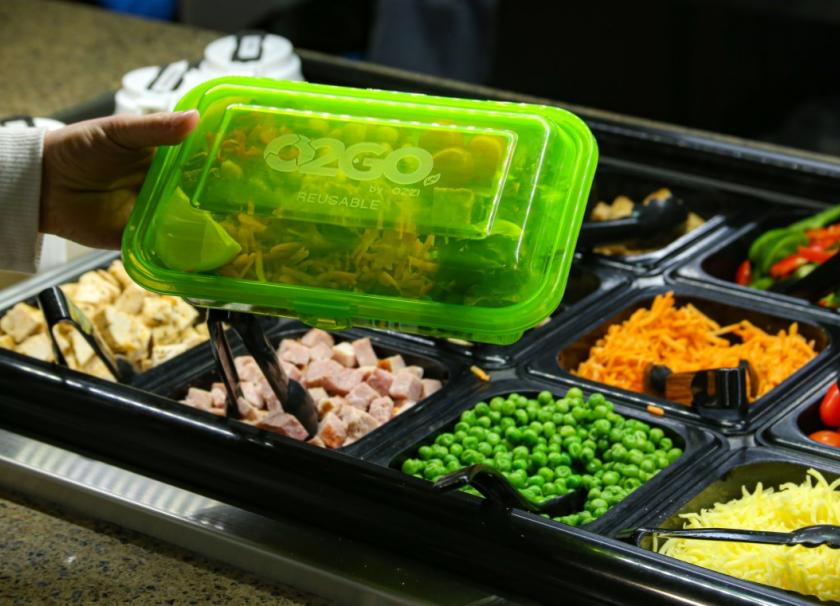
Sustainability Update: Building on a Strong Foundation
Sustainability Update
Our team has been working on many different projects throughout the year, taking great steps to fulfill our four sustainability goals. Our four goals to achieve by 2030 are: carbon neutrality, zero waste, eliminating toxic chemicals, and being a leader in our sustainable community. We look forward to our sustainable success in the upcoming decade!

2020: A vision for the future through Co-ops and local food
As the 2010s come to a close, the “20/20” eyesight analogy couldn’t be more appropriate for the new decade. With our eye on the future, there’s clearly a sense of urgency and awareness of the unique times we’re living in: a changing climate, increases in costs of living, and the shared pressures of a globalized world.
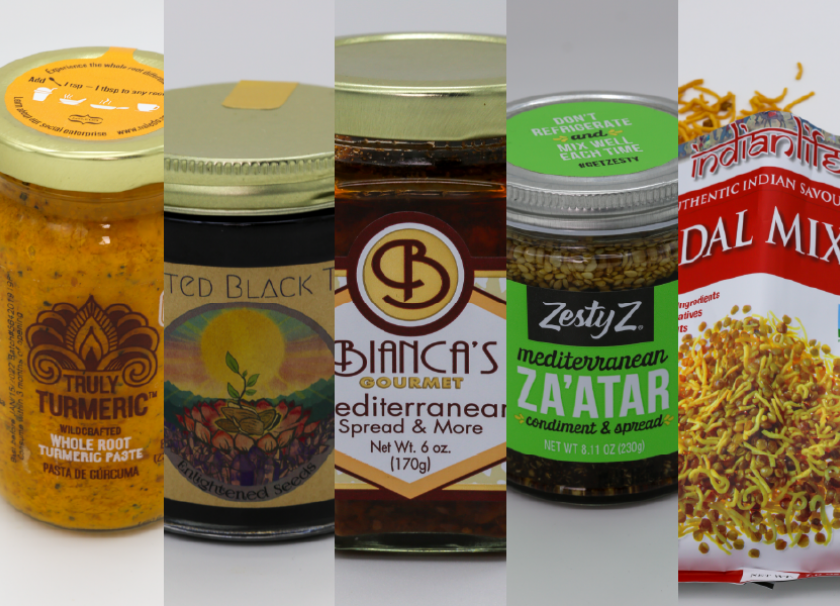
5 Items to Try: Spreads, Condiments & Snacks
It's fun trying new things! Here are five items you can find at the Co-op with a distinctly international flavor. Whether you're spreading them on some bread or naan, mixing up a salad dressing, or just want something salty and crunchy to snack on, try these out next time you want to elevate your dishes.
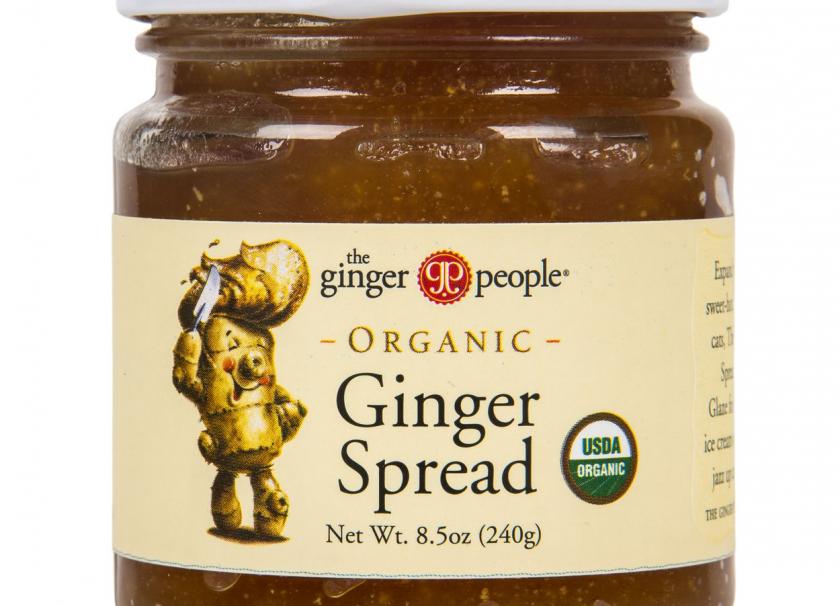
10 Ways to Enjoy: Ginger Spread
Sometimes you might come across a product at the Co-op and ask, "That looks good, but how in the heck can I use it in my cooking?" To answer that question, we picked this Ginger Spread made by The Ginger People (famous for their Gin-Gin candies). Grab a jar and try some of these unique applications in your own kitchen - or get inspired to utilize it in another way.
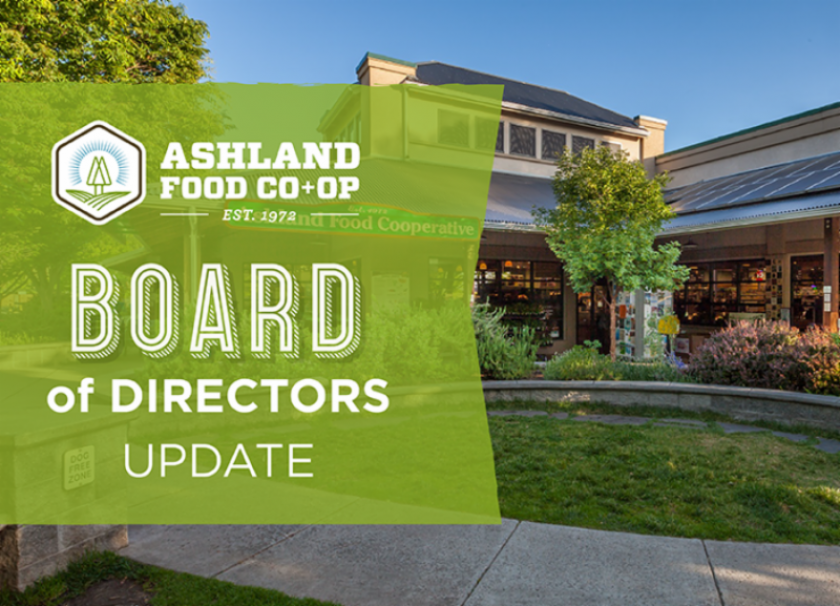
Meet Your Board: Melina Barker
Hello, Co-op members! My name is Melina Barker, and I joined the AFC Board of Directors this July. Since then, I have been busy learning about all the work the previous members have done to craft strategic goals to support the success of the AFC.
